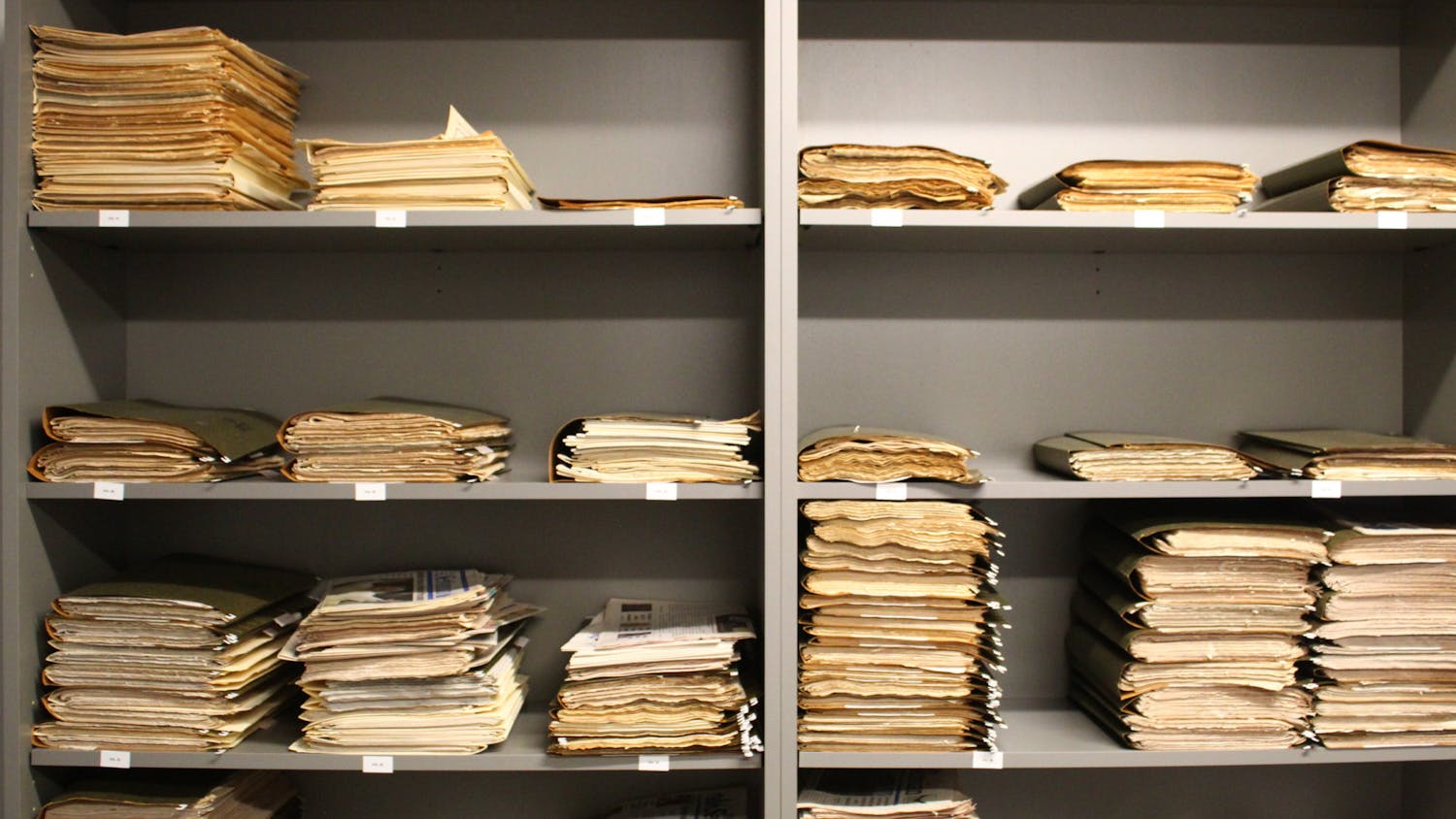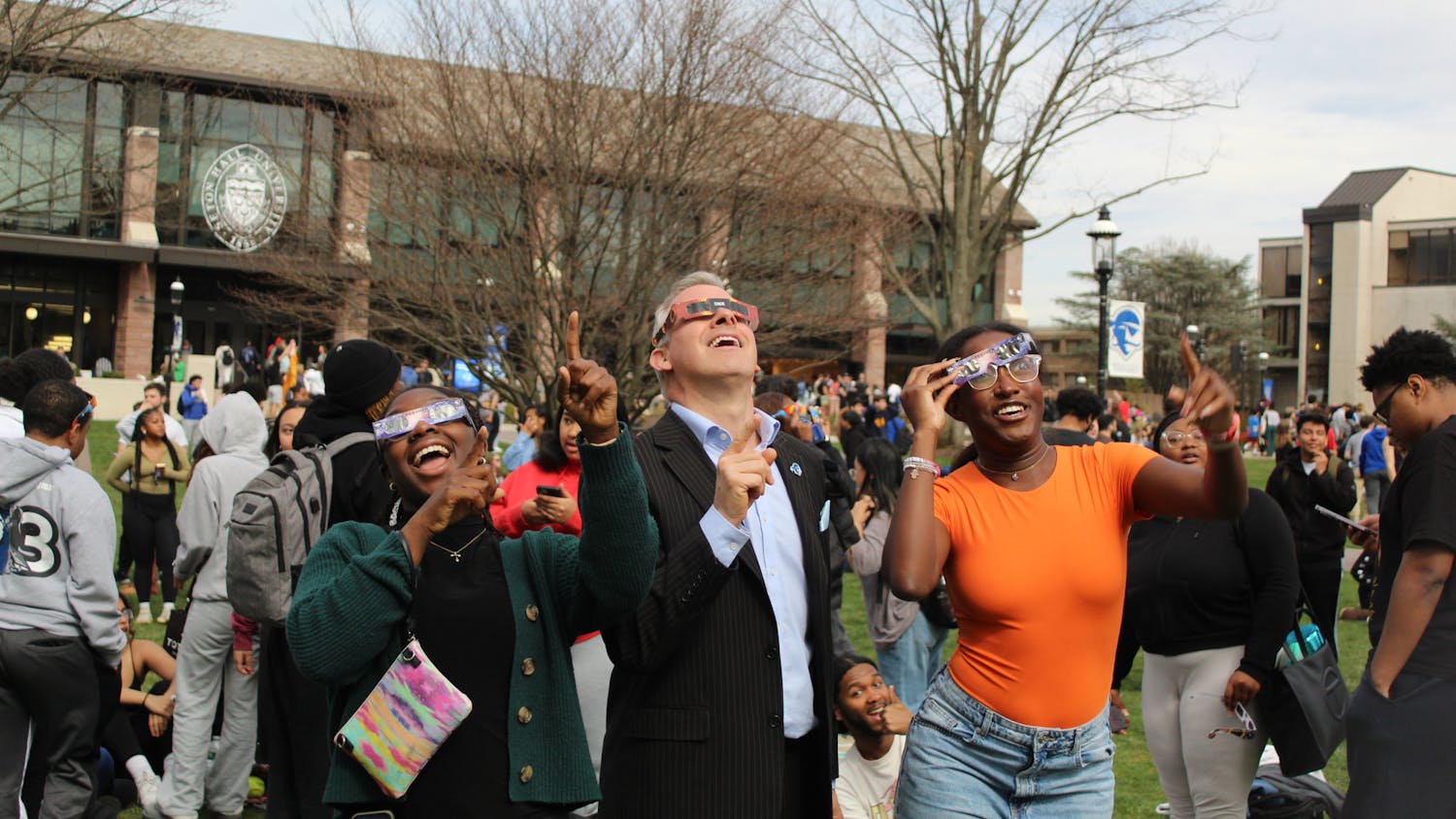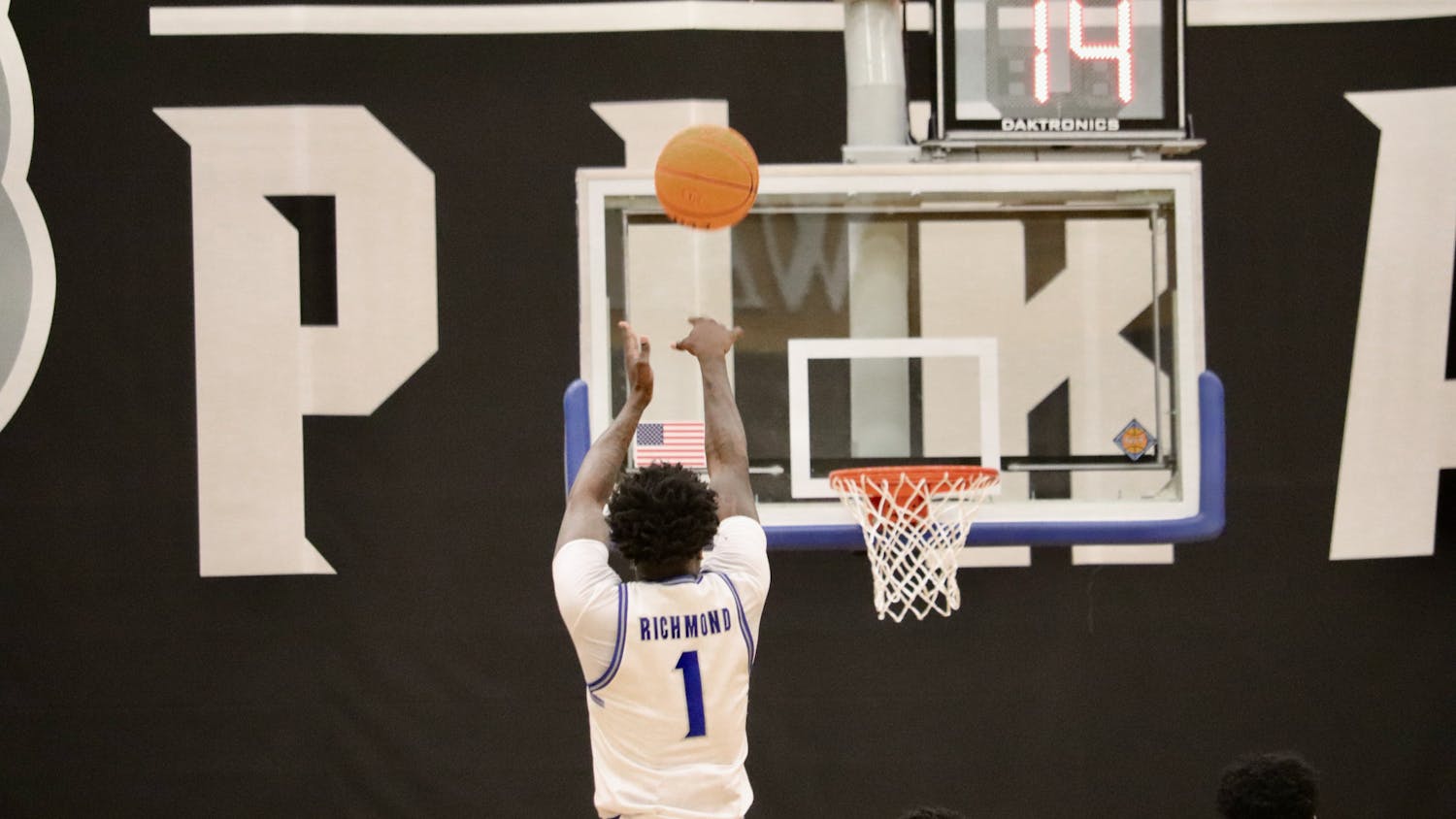[caption id="" align="alignnone" width="354"] Courtesy nbcnewyork.com[/caption]
37 percent of Seton Hall students are unaware of campus services for sexual assault, according to the 2015 Campus Climate Survey.
Survivors of sexual assault can turn to Public Safety, Counseling and Psychological Services (CAPS), the Dean of Students Office, Health Services and Campus Ministry.
Off campus outlets include, but are not limited to, the South Orange Police Department, Newark Beth Israel Hospital, the N.J. Coalition Against Sexual Assault Hotline and the SAVE of Essex County hotline.
The SAVE team, comprised of Sandra Ackerman-Sinclair, staff psychologist and Sexual Assault and Violence Education (SAVE) coordinator, and Ashlee Carter, Student Life assistant director, said in a joint email interview that while there are a plethora of on and off campus options for survivors, some offices at Seton Hall are required by law and University policy to inform one or more college officials about the incident.
The Dean of Students office is able to provide survivors with accommodation including room change and a no-contact order as necessary, according to the SAVE team.
They said all offices on campus can take a survivor through their options and will support the choice the survivor makes about reporting or not reporting the incident. According to the SHU website, in the Department of Student Life section, survivors can contact Public Safety or the Dean of Students office for assistance in getting transportation to a hospital.
When a survivor contacts Public Safety, they first ensure that the survivor is physically safe and uninjured. In a safe and controlled setting, Public Safety informs the survivor of their rights on and off campus.
“We advise students about the right to obtain a free medical exam at a local hospital where evidence will be collected by a specially trained Sexual Assault Nurse Examiner (SANE),” Assistant Director of Public Safety Gary Christie said in an email interview. “We inform them about the availability of the Essex County Rape Care Center (SAVE) that provides free advocacy services to assist them through all stages of the process and we will assist the victim in obtaining any of these reliefs or services that they choose.”
If a sexual assault happened within a few hours, Health Services will refer the student to a place where they can get a sexual assault kit and testing, Director of Health Services Mary Beth Costello said.
“We typically would refer people to Newark Beth Israel Hospital, they have a program in their emergency room that’s specifically set up for (sexual assault kits),” Costello said. “One of the reasons why Health Services doesn’t offer that service is because we’re not open 24 hours a day 7 days a week.”
Though Health Services does not offer sexual assault kits, they do provide lab testing for Gonorrhea, Chlamydia, Trichomoniasis, Bacterial Vaginosis, HIV, Hepatitis and Syphillis. They can usually visually diagnose Herpes, and they can also provide PAP screenings for women, Costello said.
Additionally, there are nurse practitioners and physicians available who are able to offer guidance and conduct a thoughtful history of the event, Costello said.
If a student is nervous to tell a secretary why they are calling, Costello said they can always call Health Services and ask to make a women’s or men’s health appointment and those calls get directed to a nurse practitioner or physician.
Michelle Peterson, director of the Division of Volunteer Efforts (DOVE), says her role in Campus Ministry has been to support survivors emotionally and spiritually.
Peterson said her biggest suggestion is to get help as soon as possible after the assault so that the survivor can receive support.
Costello also says to report sooner than later, but added that students should be aware it is not uncommon to feel unready to report at the time of the event.
“It is perfectly okay to report things, if that’s the way they choose, later down the line,” Costello said. “It doesn’t mean they’re not going to be eligible for care or eligible for service.”
Christie said, “Nobody can make you do something you don’t want to do. You are in charge of the process but let us help you get to a better place. There is no reason that you should try to handle an assault alone.”
The SAVE team said that uncertainty about what to do is okay.
“Take the time you need to care for yourself emotionally,” the SAVE team said. “Try not to withdraw from loved ones and remember, you are never alone. There is always someone to speak to about options, reporting, collecting evidence, and the healing process.”
Samantha Giedris can be reached at samantha.giedris@student.shu.edu.
Courtesy nbcnewyork.com[/caption]
37 percent of Seton Hall students are unaware of campus services for sexual assault, according to the 2015 Campus Climate Survey.
Survivors of sexual assault can turn to Public Safety, Counseling and Psychological Services (CAPS), the Dean of Students Office, Health Services and Campus Ministry.
Off campus outlets include, but are not limited to, the South Orange Police Department, Newark Beth Israel Hospital, the N.J. Coalition Against Sexual Assault Hotline and the SAVE of Essex County hotline.
The SAVE team, comprised of Sandra Ackerman-Sinclair, staff psychologist and Sexual Assault and Violence Education (SAVE) coordinator, and Ashlee Carter, Student Life assistant director, said in a joint email interview that while there are a plethora of on and off campus options for survivors, some offices at Seton Hall are required by law and University policy to inform one or more college officials about the incident.
The Dean of Students office is able to provide survivors with accommodation including room change and a no-contact order as necessary, according to the SAVE team.
They said all offices on campus can take a survivor through their options and will support the choice the survivor makes about reporting or not reporting the incident. According to the SHU website, in the Department of Student Life section, survivors can contact Public Safety or the Dean of Students office for assistance in getting transportation to a hospital.
When a survivor contacts Public Safety, they first ensure that the survivor is physically safe and uninjured. In a safe and controlled setting, Public Safety informs the survivor of their rights on and off campus.
“We advise students about the right to obtain a free medical exam at a local hospital where evidence will be collected by a specially trained Sexual Assault Nurse Examiner (SANE),” Assistant Director of Public Safety Gary Christie said in an email interview. “We inform them about the availability of the Essex County Rape Care Center (SAVE) that provides free advocacy services to assist them through all stages of the process and we will assist the victim in obtaining any of these reliefs or services that they choose.”
If a sexual assault happened within a few hours, Health Services will refer the student to a place where they can get a sexual assault kit and testing, Director of Health Services Mary Beth Costello said.
“We typically would refer people to Newark Beth Israel Hospital, they have a program in their emergency room that’s specifically set up for (sexual assault kits),” Costello said. “One of the reasons why Health Services doesn’t offer that service is because we’re not open 24 hours a day 7 days a week.”
Though Health Services does not offer sexual assault kits, they do provide lab testing for Gonorrhea, Chlamydia, Trichomoniasis, Bacterial Vaginosis, HIV, Hepatitis and Syphillis. They can usually visually diagnose Herpes, and they can also provide PAP screenings for women, Costello said.
Additionally, there are nurse practitioners and physicians available who are able to offer guidance and conduct a thoughtful history of the event, Costello said.
If a student is nervous to tell a secretary why they are calling, Costello said they can always call Health Services and ask to make a women’s or men’s health appointment and those calls get directed to a nurse practitioner or physician.
Michelle Peterson, director of the Division of Volunteer Efforts (DOVE), says her role in Campus Ministry has been to support survivors emotionally and spiritually.
Peterson said her biggest suggestion is to get help as soon as possible after the assault so that the survivor can receive support.
Costello also says to report sooner than later, but added that students should be aware it is not uncommon to feel unready to report at the time of the event.
“It is perfectly okay to report things, if that’s the way they choose, later down the line,” Costello said. “It doesn’t mean they’re not going to be eligible for care or eligible for service.”
Christie said, “Nobody can make you do something you don’t want to do. You are in charge of the process but let us help you get to a better place. There is no reason that you should try to handle an assault alone.”
The SAVE team said that uncertainty about what to do is okay.
“Take the time you need to care for yourself emotionally,” the SAVE team said. “Try not to withdraw from loved ones and remember, you are never alone. There is always someone to speak to about options, reporting, collecting evidence, and the healing process.”
Samantha Giedris can be reached at samantha.giedris@student.shu.edu.

Comments




